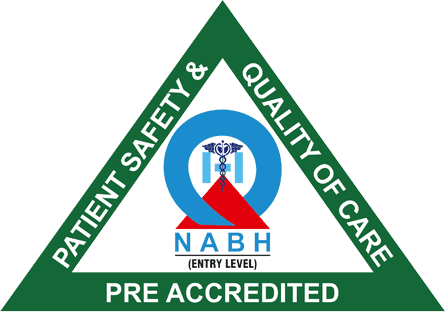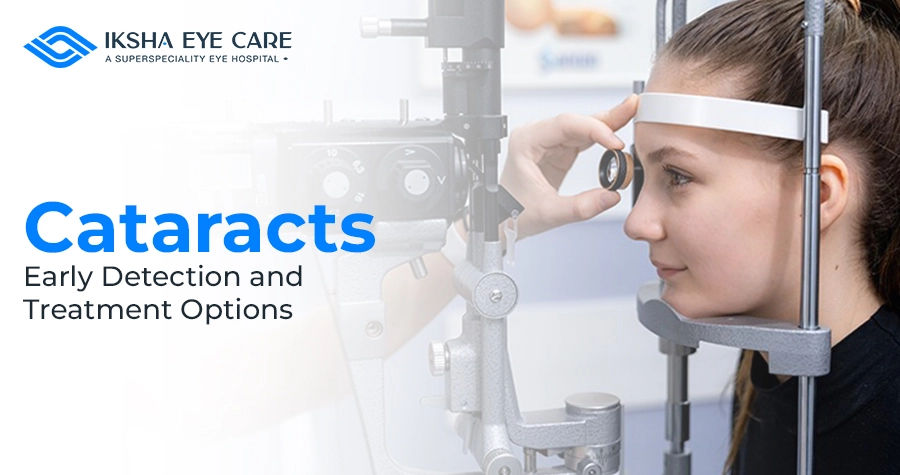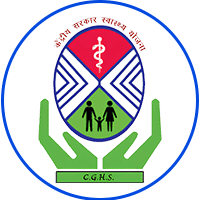What are Cataracts?
Your eyes are your windows to the world and they allow you to experience the beauty and wonder around you. But as we age, these precious windows can become clouded, leading to blurry vision, impacting our daily lives. This condition, known as cataracts, is a common occurrence affecting millions worldwide.
The good news? Cataracts are treatable, and with early detection and intervention, you can regain clear vision and get back to enjoying the world in its vibrant detail.
How do they develop?
A cataract is a clouding of the natural lens of your eye. This lens is located behind the iris and is responsible for focusing light onto the retina. A healthy lens is clear, allowing light to pass through and create sharp images.
However, over time, proteins in the lens can break down and clump together, forming a cloudy area. This cloudiness disrupts the light reaching the retina, resulting in blurred or hazy vision.
What are the risk factors?
While age is the primary risk factor for cataracts, other factors can contribute to their development:
- Family history
- Diabetes
- Sun exposure
- Smoking
- Previous eye injuries or surgeries
- Certain medications
Early detection of signs and symptoms of Cataracts
Cataracts often develop gradually, and symptoms may not be noticeable at first. However, being aware of the early signs can help with early detection and prompt treatment. Here are some common symptoms to watch out for.
- Blurred or cloudy vision: This is one of the most common symptoms and can feel like looking through a foggy window.
- Increased sensitivity to glare: Lights may appear brighter or have halos around them, making it difficult to see at night or in bright environments.
- Double vision: You may see double images, either horizontally or vertically.
- Frequent changes in your eyeglass prescription: As cataracts worsen, your vision prescription may need frequent adjustments.
- Fading of colors: Colors may appear dull or less vibrant.
Early detection of cataracts is important for preserving your vision. When cataracts are detected in their early stages, treatment options are most effective, and the recovery process is generally smoother. By addressing cataracts, you can prevent significant vision loss and maintain your quality of life.
If you experience any of the symptoms mentioned above, schedule an appointment with an eye care hospital in Mumbai. During the appointment, the doctor will perform a comprehensive eye exam to assess the severity of your cataracts and discuss the best treatment options for you.
Cataract surgery:
Cataract surgery is the most effective and widely used treatment for cataracts. During surgery, the clouded lens is removed and replaced with a clear artificial lens.
Cataract surgery is highly successful in restoring vision and improving quality of life. Most patients experience significant improvement in their vision within days of the surgery.
Recovery from cataract surgery is generally quick. You may experience some mild discomfort after the surgery, but most patients can resume their normal activities within a few days.
Finding the right eye care hospital in Mumbai:
If you’re looking for cataract eye surgery in Mumbai, Iksha Eye Care offers advanced technology and experienced ophthalmologists.
Schedule an appointment with the best cataract eye surgery specialist in Mumbai and take the first step towards a clearer future!















